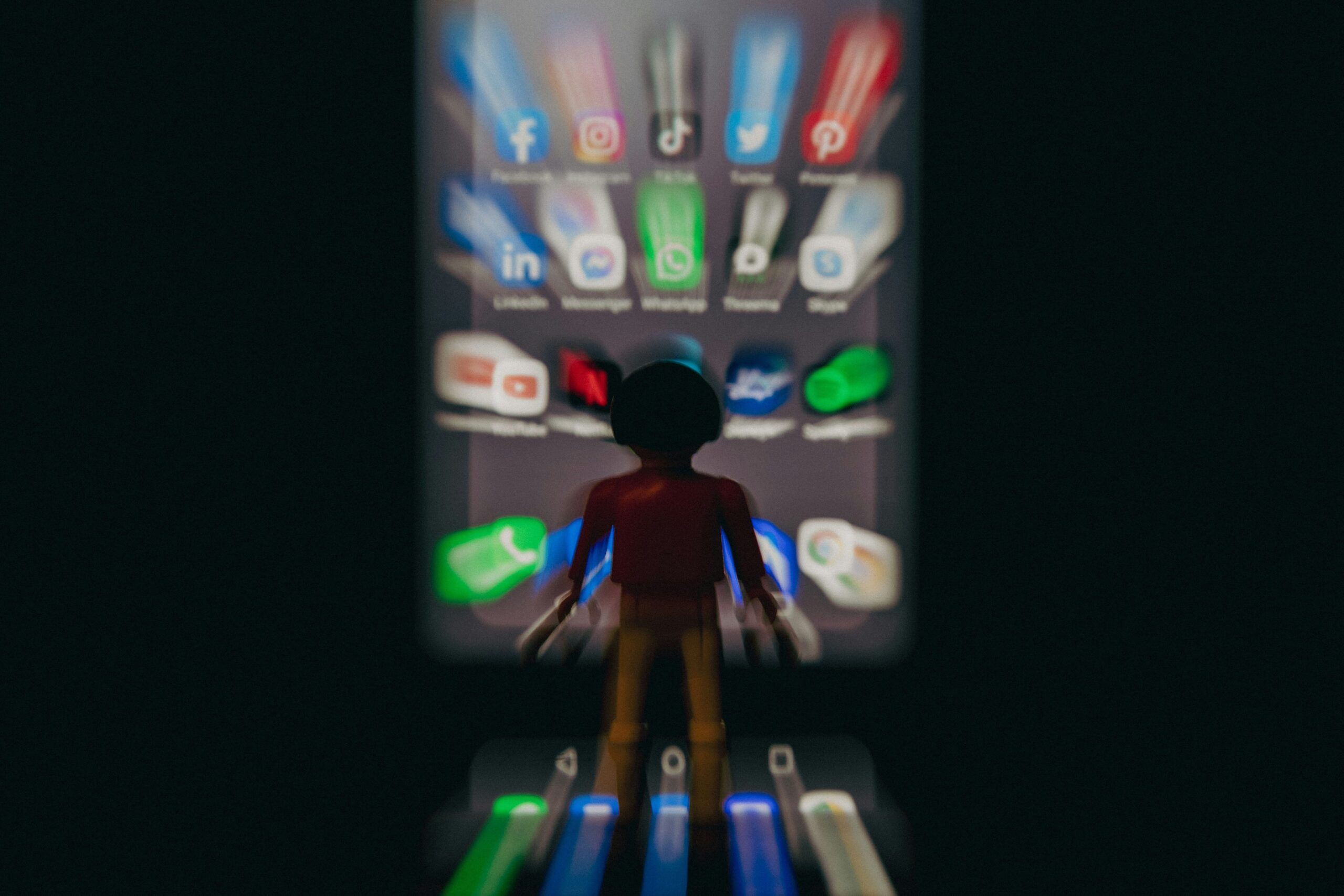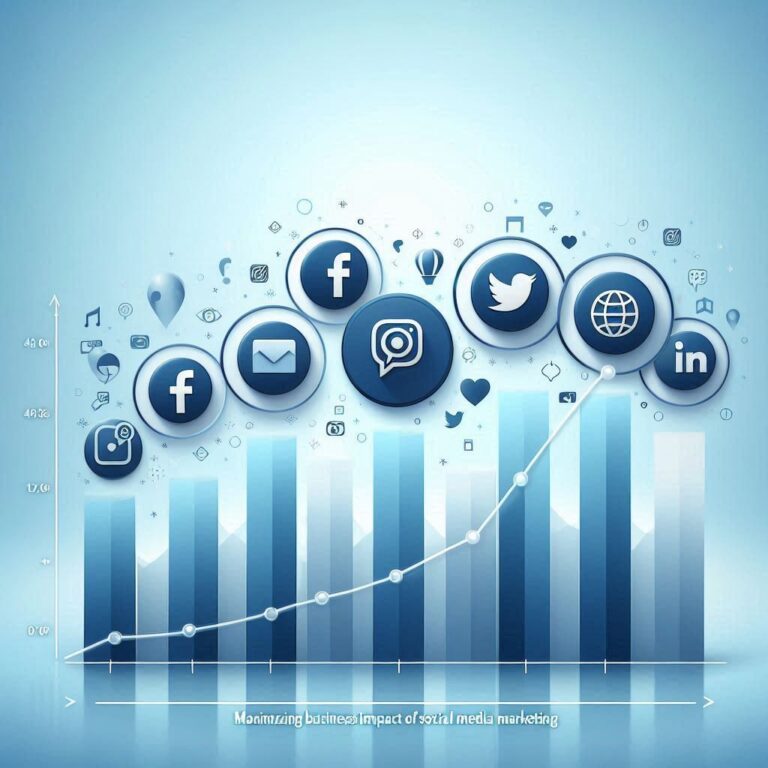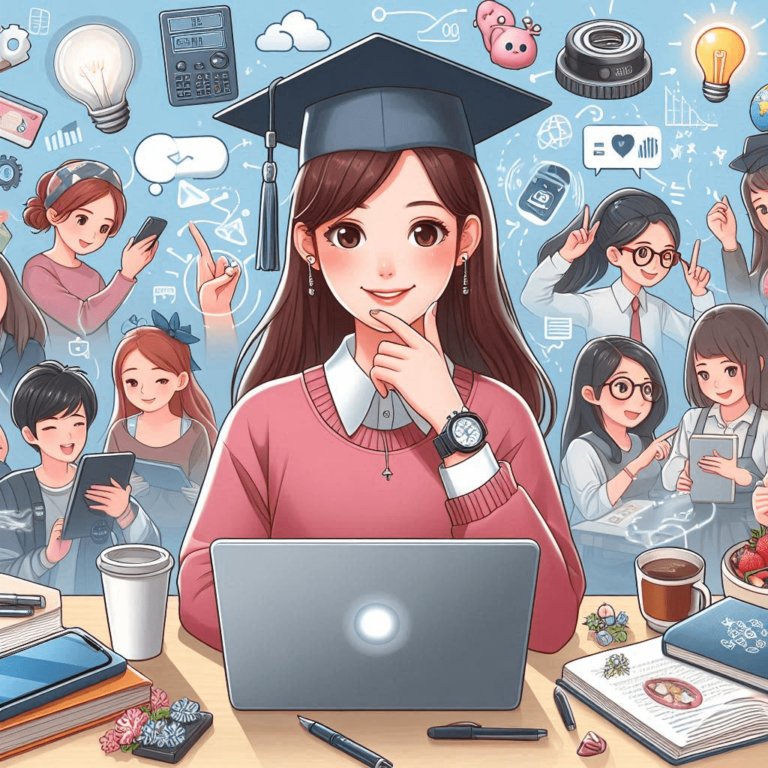In an era where our lives are increasingly intertwined with digital platforms, the disadvantages of social media have become a pressing concern for individuals, families, and society at large. From mental health issues to privacy concerns, the negative impacts of excessive social media use are reshaping our relationships, productivity, and overall well-being. This article delves into the multifaceted drawbacks of these ubiquitous platforms, offering insights and strategies to navigate the digital landscape more mindfully.

Contents
- 1 The Attention Economy: How Social Media Hijacks Our Time
- 2 Mental Health: The Hidden Cost of Digital Connection
- 3 The Erosion of Privacy in the Digital Age
- 4 The Spread of Misinformation and Echo Chambers
- 5 Impact on Productivity and Academic Performance
- 6 The Paradox of Digital Relationships
- 7 Cyberbullying and Online Harassment
- 8 The Challenge of Digital Addiction
- 9 Navigating the Digital Landscape: Strategies for Mindful Social Media Use
- 10 Conclusion: Striking a Balance in the Digital Age
- 11 References
The Attention Economy: How Social Media Hijacks Our Time
Imagine this: Sarah, a 28-year-old marketing executive, sits down to work on an important presentation. As she opens her laptop, a notification pings on her smartphone. “Just a quick check,” she thinks. Forty-five minutes later, she emerges from a rabbit hole of posts, likes, and comments, feeling guilty and behind schedule. This scenario plays out millions of times daily across the globe, highlighting one of the most insidious disadvantages of social media: its ability to captivate and consume our attention.

According to a recent study by DataReportal (2024), the average user spends 2 hours and 23 minutes per day on social media platforms. This staggering figure represents more than 37 days per year – time that could be invested in personal growth, relationships, or productive endeavors.
The attention economy thrives on our engagement, and social media platforms are engineered to keep us scrolling, liking, and sharing. Features like infinite scroll, autoplay videos, and personalized content algorithms create a “dopamine loop,” making it increasingly difficult to disengage.
Mental Health: The Hidden Cost of Digital Connection
While social media promises to connect us, it often leaves us feeling more isolated than ever. The constant comparison to curated highlight reels of others’ lives can lead to feelings of inadequacy, anxiety, and depression.
A longitudinal study published in the American Journal of Epidemiology found that Facebook use was negatively associated with well-being. Participants who used Facebook more frequently reported lower life satisfaction and poorer mental health.
Consider the case of Alex, a 16-year-old high school student. Once outgoing and confident, Alex became increasingly withdrawn after joining several social media platforms. The pressure to maintain a perfect online image, coupled with cyberbullying experiences, led to severe anxiety and a drop in academic performance.
Data Visualization Opportunity: Create a line graph showing the correlation between increased social media use and decreased mental well-being over time. Place this visualization after the mental health section to visually reinforce the relationship between social media usage and mental health outcomes.
The Erosion of Privacy in the Digital Age
“If you’re not paying for the product, you are the product.” This adage has never been more relevant than in the context of social media. The disadvantages of social media extend beyond personal well-being to the realm of data privacy and security.
In 2023, Meta (formerly Facebook) was fined a record $1.3 billion by the EU for violating privacy laws. This incident underscores the vast amounts of personal data collected, stored, and sometimes mishandled by social media giants.
From targeted advertising to potential data breaches, users often unwittingly expose themselves to privacy risks. The Cambridge Analytica scandal, which affected up to 87 million Facebook users, serves as a stark reminder of the potential for data misuse on these platforms.
The Spread of Misinformation and Echo Chambers
One of the most concerning disadvantages of social media is its role in the rapid spread of misinformation. The viral nature of content on these platforms, combined with algorithmic content curation, can create echo chambers that reinforce existing beliefs and polarize opinions.
A study by MIT found that false news stories are 70% more likely to be retweeted on Twitter than true stories. This phenomenon has real-world consequences, from influencing elections to undermining public health efforts during crises like the COVID-19 pandemic.
Consider the case of the 2020 U.S. Presidential election. Social media platforms became battlegrounds for conflicting narratives, with misinformation spreading rapidly and contributing to social and political divisions.
Impact on Productivity and Academic Performance
The allure of social media can significantly impact productivity in both professional and academic settings. A study published in the Journal of Educational Psychology found that students who used social media while studying scored lower on tests and had poorer academic performance overall.
John, a college sophomore, found his grades slipping as he spent increasing amounts of time on social media. What started as occasional check-ins during study sessions evolved into hours of scrolling, severely impacting his ability to focus and retain information.
Data Visualization Opportunity: Create a bar chart comparing study time, social media use, and academic performance. This visualization could be placed near the section on productivity and academic performance to illustrate the relationship between these factors.
The Paradox of Digital Relationships
While social media platforms promise to bring us closer together, they often create a false sense of connection. The ease of maintaining superficial online relationships can lead to the neglect of deeper, more meaningful in-person connections.
A study published in the American Journal of Preventive Medicine found that young adults with high social media usage felt more socially isolated than their peers who used social media less frequently.
Maria, a 35-year-old professional, realized she knew more about her online acquaintances’ lives than those of her close friends and family. The constant stream of updates created an illusion of connection, masking the growing emotional distance in her real-life relationships.
Cyberbullying and Online Harassment
The anonymity and distance provided by social media platforms can embolden individuals to engage in harmful behavior they might not consider in face-to-face interactions. Cyberbullying and online harassment have become pervasive issues, particularly among younger users.
According to Pew Research Center (2024), 41% of Americans have personally experienced some form of online harassment. The psychological impact of such experiences can be severe, leading to anxiety, depression, and in extreme cases, self-harm or suicide.
The Challenge of Digital Addiction
As our dependence on social media grows, so does the risk of developing addictive behaviors. The constant need to check notifications, update statuses, and stay connected can interfere with daily life and relationships.
A study in the Journal of Behavioral Addictions found that 5-10% of Americans meet the criteria for social media addiction. This addiction can manifest in symptoms similar to substance abuse disorders, including mood modification, salience, and conflict.
While the disadvantages of social media are significant, it’s important to recognize that these platforms can also offer benefits when used mindfully. Here are some strategies to help mitigate the negative impacts:
- Set boundaries: Use app timers or designate specific “social media-free” times each day.
- Practice digital detox: Regularly take breaks from social media to reconnect with offline activities and relationships.
- Curate your feed: Unfollow or mute accounts that consistently make you feel negative or anxious.
- Be mindful of privacy: Regularly review and adjust your privacy settings on all platforms.
- Fact-check before sharing: Take a moment to verify information before spreading it to your network.
- Prioritize real-world connections: Make an effort to engage in face-to-face interactions and build deeper relationships offline.
- Seek help if needed: If you’re struggling with social media addiction or its impact on your mental health, don’t hesitate to reach out to a professional.
Conclusion: Striking a Balance in the Digital Age
The disadvantages of social media are complex and far-reaching, touching on aspects of our mental health, privacy, productivity, and social connections. As these platforms continue to evolve and integrate into our daily lives, it’s crucial to approach them with awareness and intentionality.
By understanding the potential drawbacks and implementing strategies for mindful use, we can harness the benefits of social media while mitigating its negative impacts. The key lies in striking a balance – leveraging these powerful tools for connection and information without allowing them to dominate our lives or compromise our well-being.
As we navigate this digital landscape, let’s strive to create a healthier relationship with social media – one that enhances rather than detracts from our lived experiences. After all, the most meaningful connections and experiences often happen when we look up from our screens and engage with the world around us.
References
American Journal of Epidemiology. (2017). Association of Facebook Use With Compromised Well-Being: A Longitudinal Study. https://academic.oup.com/aje/article/185/3/203/2915143
DataReportal. (2024). Digital 2024: Global Overview Report. https://datareportal.com/reports/digital-2024-global-overview-report
Journal of Behavioral Addictions. (2017). Social media addiction: Its impact, mediation, and intervention. https://akjournals.com/view/journals/2006/6/4/article-p669.xml
Journal of Educational Psychology. (2020). The impact of social media use on academic performance: A meta-analysis. https://psycnet.apa.org/record/2020-30935-001
MIT News. (2018). Study: On Twitter, false news travels faster than true stories. https://news.mit.edu/2018/study-twitter-false-news-travels-faster-true-stories-0308
The New York Times. (2023). Meta Fined $1.3 Billion in E.U. Over Data Transfers. https://www.nytimes.com/2023/05/22/technology/meta-privacy-fine-eu.html
Pew Research Center. (2024). Online Harassment 2024. https://www.pewresearch.org/internet/2024/01/18/online-harassment-2024/
American Journal of Preventive Medicine. (2017). Social Media Use and Perceived Social Isolation Among Young Adults in the U.S. https://www.ajpmonline.org/article/S0749-3797(17)30016-8/fulltext


